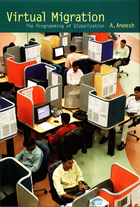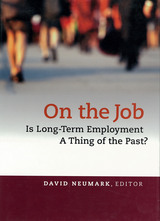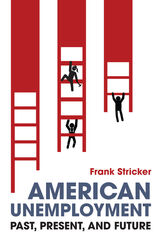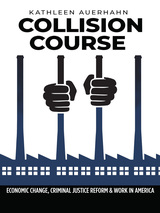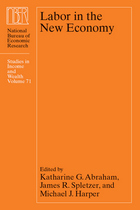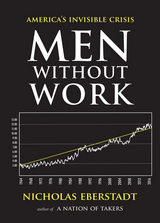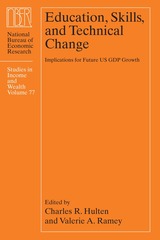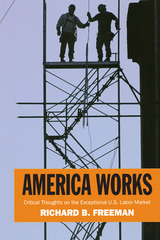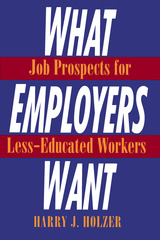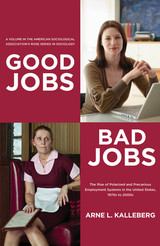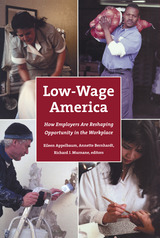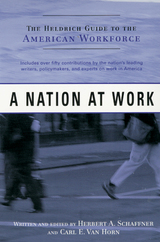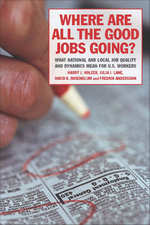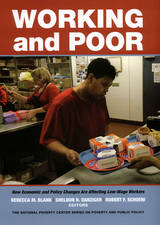Cloth: 978-0-674-50675-6
Library of Congress Classification HD5724.F735 1989
Dewey Decimal Classification 331.120973
Economists rarely perform controlled experiments, so how do they find out how markets function? In what ways does empirical economics contribute to our understanding of important and controversial social issues? What has been discovered about the operation of the labor markets in which nearly all of us participate? Labor Markets in Action addresses these questions in lively style. The topics cover issues of deep social concern, encompassing the jobs and wages of college graduates, discrimination and inner-city youth, homelessness, unionism, and the differences between U. S. labor market institutions and those of other developed countries, including Japan.
A thoughtful introduction to each essay reveals the human side of research on these controversial issues. Freeman lays out five guiding principles for empirical social science: to analyze situations in which markets undergo sharp exogenous shocks, creating "natural experiments"; to focus on fundamental first-order economic principles and behavior rather than on abstract fine points; to probe empirical findings with different data sets and alternative specifications; to gather new information from survey research rather than rely on existing data sets; to discuss issues and interpretations with workers, labor leaders, businessmen, and other market participants. With chapters that range from broad overviews of research to essays employing detailed statistical techniques, this book will appeal to economists, students, and policymakers concerned with how labor markets function and how economists go about their business of discovery without laboratory controls.
See other books on: Action | Freeman, Richard B. | Labor market | Labor Markets | Labor unions
See other titles from Harvard University Press


